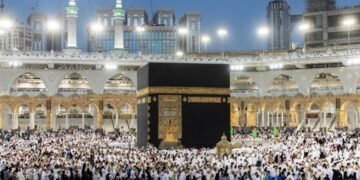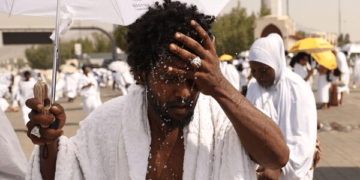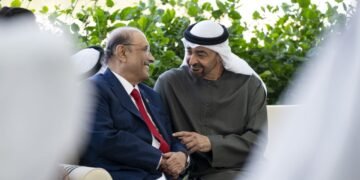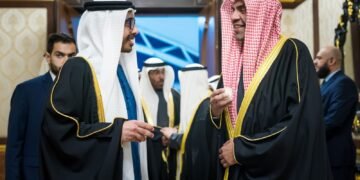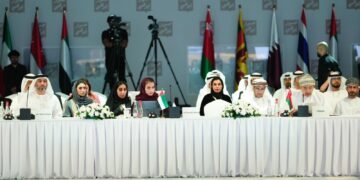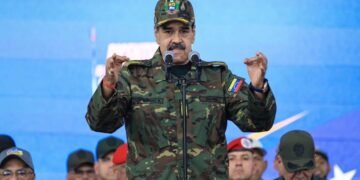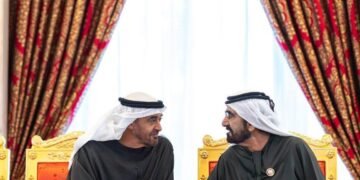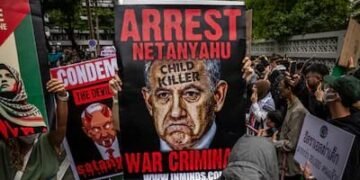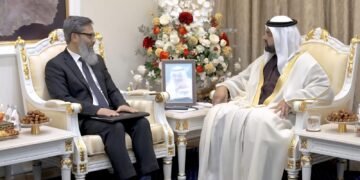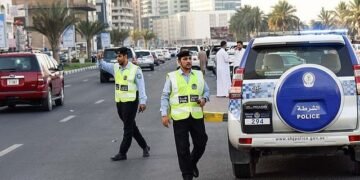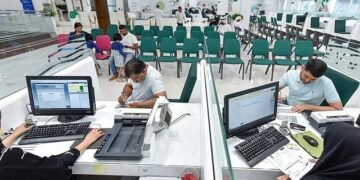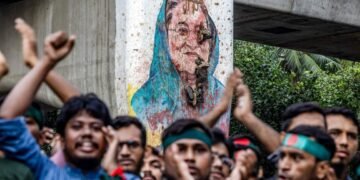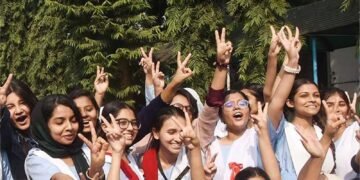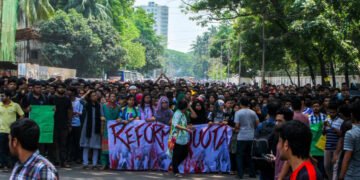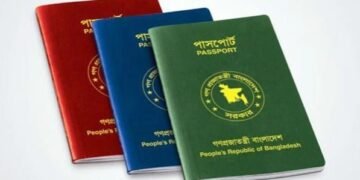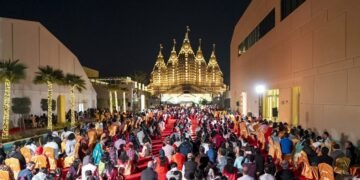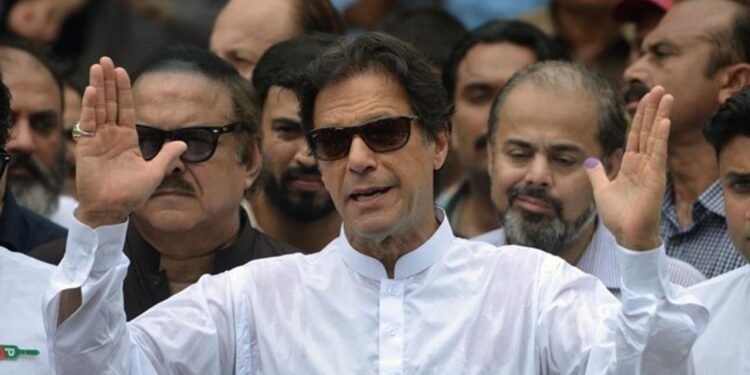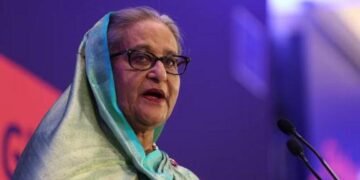In the midst of heightened tensions and electoral uncertainties, the 2024 Pakistan general election has unfolded as a critical juncture in the country’s democratic evolution. The unexpected surge in support for candidates affiliated with the jailed former Prime Minister, Imran Khan, has injected a new dynamic into the political arena. Despite facing legal challenges and accusations of electoral interference, these candidates, particularly independents aligned with Khan’s vision, have emerged as formidable contenders in several constituencies.
The 2024 general election was dubbed the most rigged in Pakistan’s history, with wags on social media calling it the “generals’ election”, referring to the all-powerful military in the nuclear-armed South Asian nation.
The consensus ahead of the vote was that regardless of who forms a government, the army would continue to rule the roost. The newly elected civilian administration would simply have to follow the rules of the Pakistani power game to survive.
According to the Election Commission of Pakistan, independent candidates won 98 seats so far, with 22 seats still unclaimed. The majority of the independents are affiliated with Khan’s party, Pakistan Tehreek-e-Insaf (PTI).
The Pakistan Muslim League Nawaz party (PMLN), which had been favored to sweep the polls, has so far won the second-most seats with 69. The Pakistan People’s Party (PPP) has the third-most with 51 seats.
The 22 remaining seats would not be enough to give PMLN, headed by former Prime Minister Nawaz Sharif, or PPP the lead, even if they were to win all of them. Still, none of the three major parties of the country will win the necessary 169 seats to have a majority in parliament and, therefore, will be unable to form government on their own, leaving it unclear who will be picked to be the country’s next prime minister.
In a speech released Friday, an AI-generated version of Khan claimed victory in the election and called on his supporters to “now show the strength of protecting your vote.”
In the course of its 76-year history, Pakistan has developed a system that some scholars call a “hybrid regime” featuring a mix of civilian politics and military interference in electoral democracy. The tacit agreement sees the generals controlling defense and foreign policies, leaving domestic socioeconomic issues to the politicians.
But the hybrid model has been changing in recent years, putting Pakistan in dangerous terrain. And the man widely believed to be calling the shots in the military has done little to inspire national confidence.
The role of the Pakistan Army, a significant arbiter of power in the country, remains a central point of contention. Despite assertions of non-interference, concerns persist regarding the military’s influence over the electoral process. The delay in announcing results, coupled with reports of intimidation and restrictions on political activities, has underscored the challenges of ensuring a level playing field in Pakistan’s electoral landscape.
The role of the Pakistan Army has been pivotal in shaping the outcomes of elections and political events throughout the country’s history, including the significant events surrounding the 1971 Bangladesh Liberation War.
The run-up to the election was marked by security concerns and incidents of violence, notably in Balochistan, where two bombings near candidates’ offices resulted in tragic loss of lives. Amidst heightened security measures and disruptions in communication services, voters turned out to cast their ballots, reflecting a deep-seated desire for democratic participation and change.
The delay in announcing election results has further exacerbated tensions and raised doubts about the transparency of the electoral process. Despite assurances from the election commission, the timely release of results remained elusive, fueling speculation and mistrust among the electorate. The unprecedented suspension of mobile and data services on election day has raised questions about the government’s commitment to ensuring a free and fair electoral environment.
Imran Khan’s political trajectory, once a beacon of hope for reform, has encountered significant challenges in recent years. Ousted from power in 2022 following a vote of no confidence, Khan has faced a barrage of legal and political hurdles. Despite these setbacks, his populist appeal endures among a significant segment of the population, reflecting broader disillusionment with the political establishment.
The crackdown on Khan’s Pakistan Tehreek-e-Insaf (PTI) party, including the banning of its electoral symbol, has further polarized the political landscape. The emergence of independent candidates aligned with Khan’s vision reflects a grassroots movement for change, despite attempts to undermine their political influence.
Imran Khan’s Victory: If Imran Khan won the 2024 election, it would signify a continuation of his political career and possibly his party’s policies. Imran Khan, the leader of the Pakistan Tehreek-e-Insaf (PTI) party, had been a prominent figure in Pakistani politics for years before becoming Prime Minister in 2018. His victory in 2024 could suggest that a significant portion of the electorate supports his leadership and agenda.
A Message to Politicians: The statement implies that Imran Khan’s win is not just a victory for himself and his party but also a rebuke to other politicians in Pakistan. It suggests that voters might be dissatisfied with the traditional political establishment and have chosen to support Khan as an alternative.
Challenging the Military’s Influence: Pakistan’s military has historically wielded significant influence in the country’s politics. The statement suggests that Imran Khan’s victory may symbolize a challenge to the dominance of the military in Pakistani affairs. It could imply that the electorate is asserting its independence from military interference and backing civilian leadership.
As the election results continue to unfold, Pakistan faces a pivotal moment in its democratic journey. The outcome will not only shape the country’s political landscape but also determine its trajectory in the years to come. Amidst allegations of electoral malpractice and concerns about the military’s role, the resilience of Pakistan’s democracy hinges on its ability to uphold principles of transparency, accountability, and popular representation.




